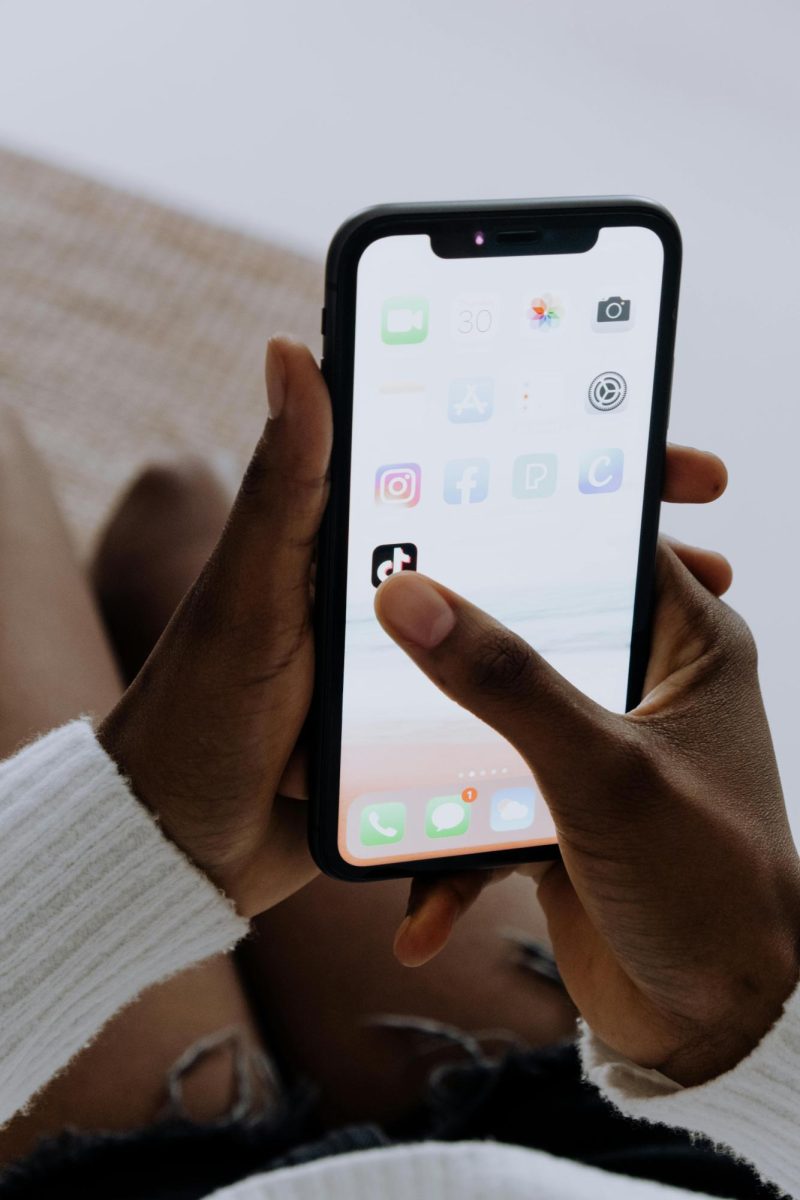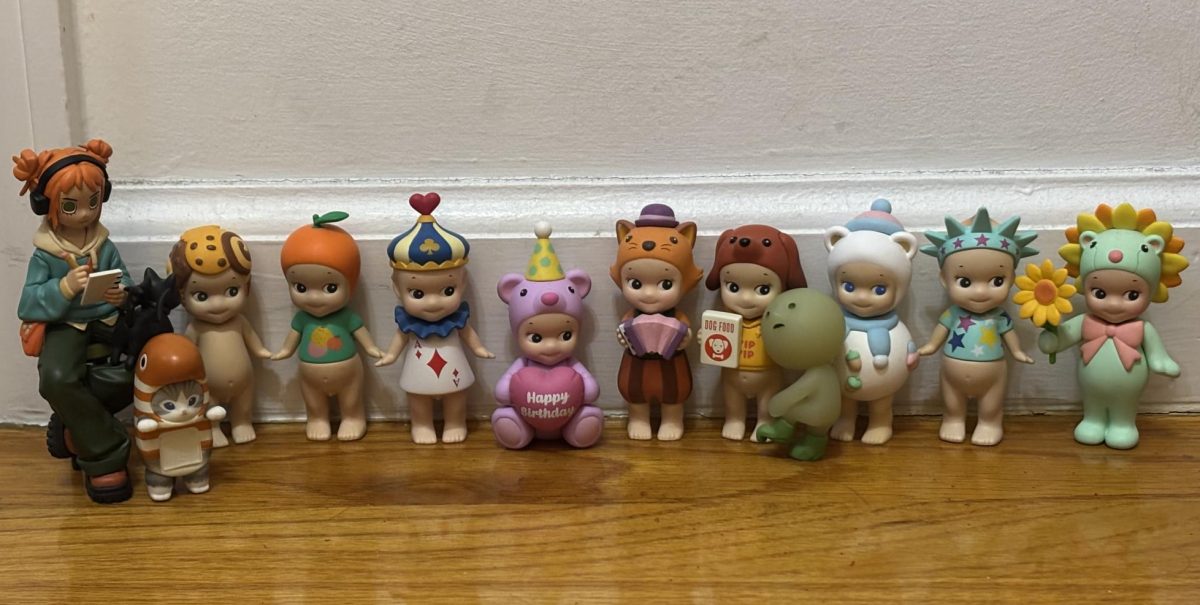Have you ever compared yourself/your life to someone or something seen on social media? Comparing ourselves to people who look like they are doing better than others can make people feel insecure. Comparing ourselves to people who look to be doing worse than others will make people feel better about ourselves. In the article “How Social Media Can Crush Your Self-esteem” on The Conversation website (theconversation.com), people have an “instinct” to compare themselves to others, even if they do not mean to be doing so.
In the article “Comparing Yourself to Others on Social Media: Social Comparison and Mental Health” on the BetterHelp website (betterhelp.com), negative comparisons to others on social media can cause depression and anxiety. Also, according to this article, 65% of men and 87% of women said they have compared their bodies to others on social media. Many social media influencers post only the “good” side of their lives. They can create a “fake life” on social media, so people will be more interested in their content and follow them. Sophomore Sloane Murphy said, “I have compared myself to other people’s experiences that they’ve shared on social media.” Influencers often do not talk or post about their struggles, which makes viewers feel more insecure. In the article “Understanding Social Comparison on Social Media” on the JED Foundation website (Jedfoundation.org), there are four main effects that social media comparison can cause. These four effects are depression, decreased well-being, poor body image, and eating disorders. When we feel jealous of others online, we lose our self-esteem, which can cause depression and a decrease in well-being. Freshman Nicky Raynor said, “I’ve compared myself to others on social media by reflecting my self-image on influencers. Everyone shows the best parts of their lives and never any bad.” People on social media use Photoshop in their pictures to make their bodies look perfect. This creates an idealized standard for what one’s body “should” look like, which causes many people to suffer from body dysmorphia, eating disorders, or poor body image. Sophomore Clara Larke said, “I have compared myself based on my body. Looking at others on vacation with perfect bodies is an example.” Also, according to this article, social media comparison mainly affects people from ages 13-24. This is because during those teenage/young adult years we start to mature and realize who we are as people/individuals. Social media comparison can heavily influence people to make them want to fit in with society and look like an idealized standard. This can cause people to not fully express themselves and to not reach their full potential.
In the article “15 Ways to Stop Self Comparison” on the Psychology Today website (psychologytoday.com), there are many ways to stop comparing oneself to others. One of the biggest ways is to acknowledge when you are doing it and to try to see if there is a trend as to what you’re comparing yourself to and feeling insecure about. Self-comparison can lead to mental health issues, which is why it is important to acknowledge it and know how to prevent it.



















